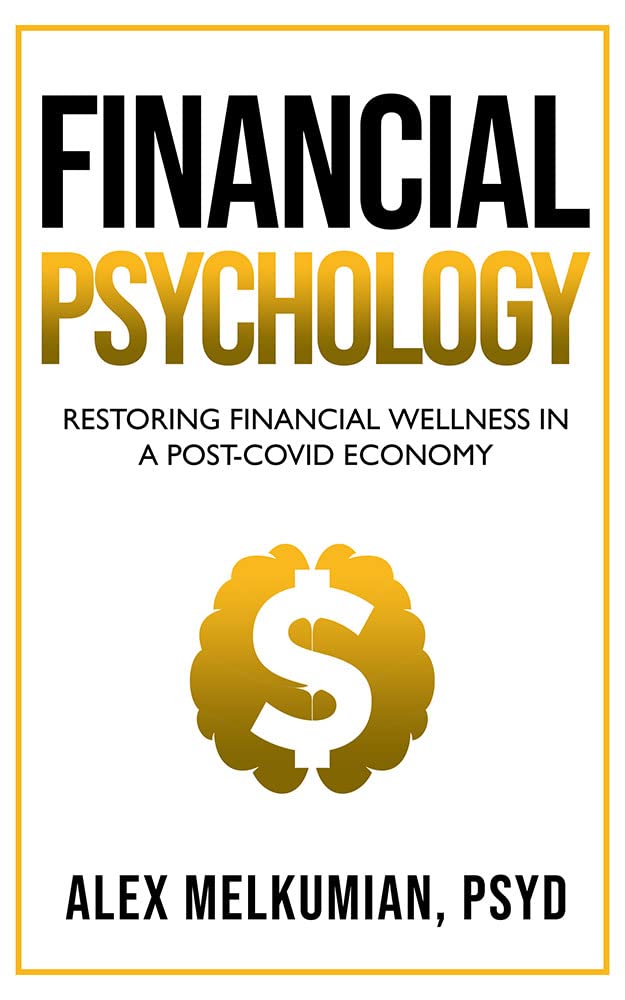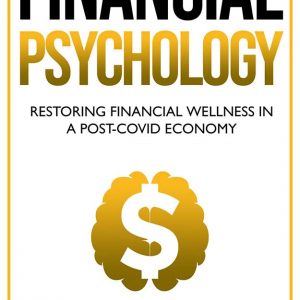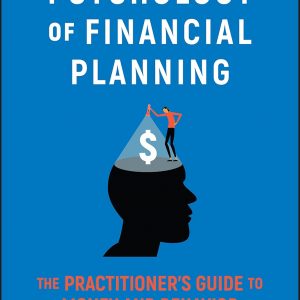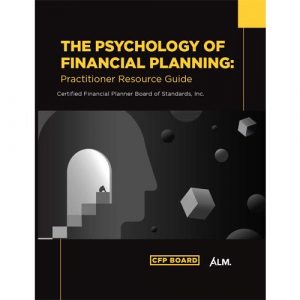Financial Psychology: Restoring Financial Wellness in a Post-COVID Economy
$20.00
The COVID-19 pandemic has significantly impacted various aspects of our lives, notably accelerating the rise of the gig economy. While this shift has provided flexible income opportunities, it has also introduced financial instability and increased stress for many workers. Financial stress is a major public health issue, and mental health practitioners must address it alongside other symptoms.
Understanding the Gig Economy and Financial Stress
The gig economy refers to a labor market characterized by short-term contracts or freelance work, as opposed to permanent jobs. This model offers flexibility but often lacks the financial stability and benefits of traditional employment. The unpredictability of income and work schedules in the gig economy can lead to significant financial strain, contributing to stress and anxiety.
Psychology of Money and Financial Behaviors
Our financial behaviors are deeply influenced by our psychological attitudes toward money. Understanding these behaviors is crucial for developing effective financial strategies. The book “The Psychology of Money” by Morgan Housel explores how personal history, ego, and unique worldviews shape our financial decisions.
Financial Therapy: A Solution to Financial Stress
Financial therapy combines financial planning with emotional support to address the psychological aspects of financial stress. It helps individuals and couples identify and change dysfunctional financial behaviors and beliefs, leading to healthier financial habits and reduced stress.
Strategies for Navigating Financial Stress in the Gig Economy
- Financial Education: Enhance your understanding of personal finance to make informed decisions.
- Budgeting: Create a flexible budget that accommodates variable income.
- Emergency Fund: Build a reserve to cover unexpected expenses.
- Professional Support: Seek guidance from financial advisors or therapists specializing in financial stress.
- Self-Care: Engage in activities that reduce stress and promote well-being.
By implementing these strategies, individuals can better manage the financial challenges of the gig economy and improve their overall mental health.
Be the first to review “Financial Psychology: Restoring Financial Wellness in a Post-COVID Economy” Cancel reply
Related products
Financial Psychology Book
The Psychology of Money: Timeless lessons on wealth, greed, and happiness
Financial Psychology Book
Psychology of Financial Planning: The Practitioner’s Guide to Money and Behavior
Financial Psychology Book
The Psychology of Financial Planning: Practitioner Resource Guide
Financial Psychology Book














Reviews
There are no reviews yet.